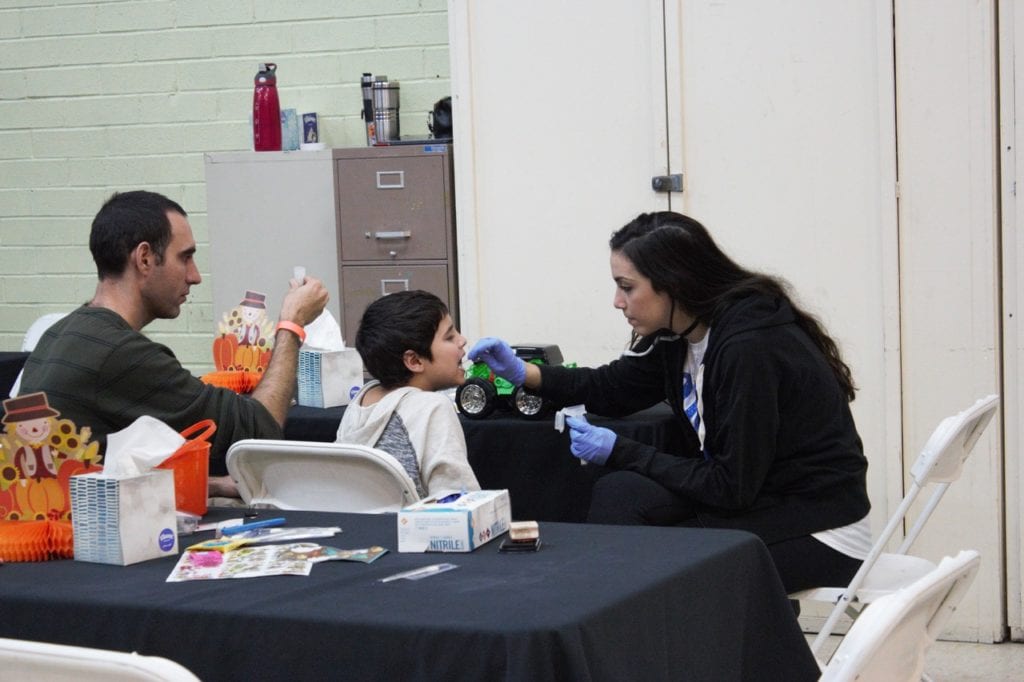
Parenting a child with autism comes with a lot of questions. One chance for some answers: the SPARKforAutism Study conducted locally through UCLA. By sharing your family’s DNA with SPARK, you can help researchers understand more about autism, connect to a community of families with questions like yours, and learn valuable information about your child.
“The mission of SPARK is simple: to speed up research to improve lives by advancing our understanding of autism,” says Karla Murillo, a UCLA SPARK coordinator.
Spearheaded by the University of Michigan, the study’s goal is to recruit 50,000 individuals with autism and their families to participate – and it’s simple. Just create an account on the SPARK website and you’ll receive DNA sample kits for your family in two to three weeks. Fill out the medical and behavioral surveys online and provide saliva samples. If signing up online isn’t your thing, you can set up an appointment at UCLA with a SPARK coordinator – free of charge.
“The entire autism community is invited to join SPARK, the largest study of autism ever,” says Murillo. In return, you’ll receive results from the surveys that you fill out, which could spur important conversations with family, doctors and school districts. The program also gives participants access to information about participating in other research. “SPARK works with research partners from all over the world to engage families and adults with autism in research studies,” says Murillo. “All of the studies are evaluated for scientific merit, and a SPARK scientific committee approves them.”
SPARK’s website and newsletter offer personal stories from the community, updates from autism researchers and monthly webinars filled with information about the science and impacts of autism.
One personal story that caught my eye on the website was that of participants Lynn Vigo and her daughter, Carrie. The information gained through the study changed Lynn’s perspective on her daughter. “I no longer thought of Carrie as having autism, I began to think of her as having this genetic difference … and that may sound like not a big deal, or a subtle difference, but it’s a huge difference,” says Lynn. The family also gained a platform to connect with others like themselves. “I’m looking forward to connecting with other families with the same diagnosis,” Lynn says. “I think we have a lot to learn from each other.” (Watch the rest of Carrie and Lynn’s story here.)
However, for privacy reasons, SPARK uses a Global Unique Identifier (GUID) code to replace personal identifiers connected to every saliva sample collected. “Currently, SPARK is implementing stronger password regulations to increase participant account security,” says Murillo. “Your privacy is among our top priorities. Information submitted as part of SPARK will be deidentified when shared with researchers to provide the most security possible”.
To learn more about the study, and to participate, visit sparkforautism.org or contact a SPARK coordinator at 310-206-8105.


























